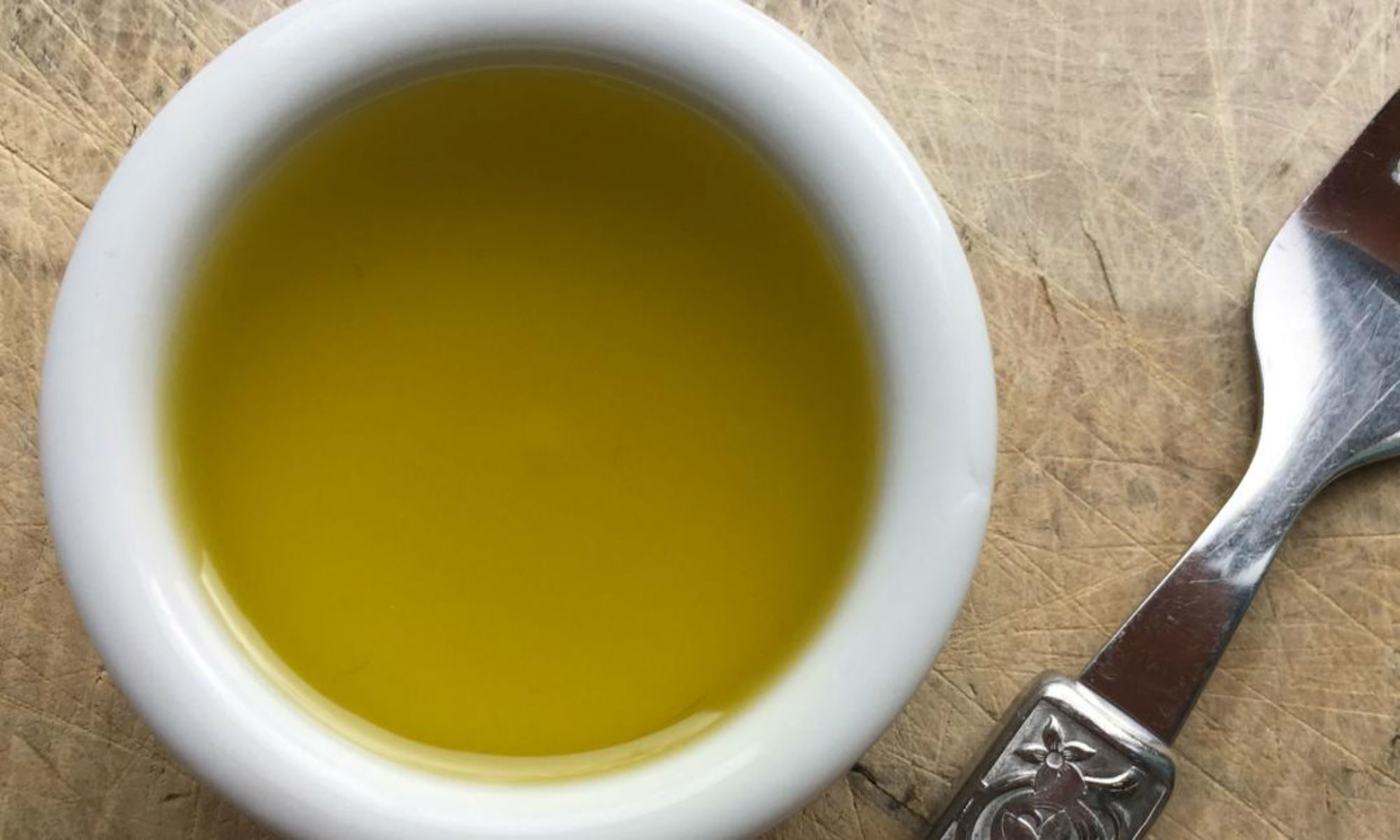Can’t find your keys? Someone’s name is on the tip of your tongue and you’re going to have to bluff your way through the introductions? You’ve wasted twenty minutes looking for your glasses and just noticed in the mirror that they’re on your head?
If these or similar scenarios sound familiar, it’s time to make a nice salad drizzled with olive oil and sprinkled with a handful of olives. Preferably daily.
You may already know that olive oil can protect our hearts, kill pathogens (including flu viruses), slow the ageing process, lower our risk of cancer, and more. So it comes as no surprise that olives and olive oil can boost our brain health, too. After all, our brains are fed by the same bloodstream with the same nutrients floating around in it as the rest of our bodies.
No wonder olive oil is currently the subject of much frenzied study amongst scientists anxious to find ways to remedy and prevent one of the big health issues of our time: cognitive decline.
A recent four-year study of men and women in their sixties showed that those adding either olive oil or nuts to a traditional Mediterranean diet had better mental function than those who did not. The researchers concluded that ‘in an older population a Mediterranean diet supplemented with olive oil or nuts may counter-act age-related cognitive decline.’ 1 In another study of elderly southern Italians, it was found that monounsaturated fatty acids from olive oil were linked with a ‘high level of protection’ against age-related cognitive decline. 2
Olive oil has several properties which may help keep our brains younger for longer. Oleuropein, one of its plant chemicals, is anti-inflammatory and anti-oxidant; both good news for the brain, which is subject to ageing from the inflammatory and oxidising ravages of time (as well as fried foods, alcohol, sugar, and other of life’s little pleasures).
Antioxidants in olive oil may benefit the brain in other ways, too. Studies show that oleocanthal from olive oil can help clear the plaques which characterise Alzheimer’s Disease, and that antioxidant compounds in olive oil may even have the ability to lower anxiety. 3, 4
‘The chief function of the body is to carry the brain around,’ said Thomas Edison. It’s time to start giving this important organ the care and attention it deserves; how lucky that one way of doing that is by enjoying delicious olive-based snacks.
By writer and nutritionist Sally Beare
References
- Serra-Mir, M et al (2015). Mediterranean Diet and Age-Related Cognitive Decline: A Randomized Clinical Trial. JAMA Intern Med. 2015;175(7):1094-1103.
- Panza F et al (2004). Mediterranean diet and cognitive decline. Public Health Nutr. 2004 Oct;7(7):959-63.
- Abuznait, Alaa H (2013). Olive-Oil-Derived Oleocanthal Enhances β-Amyloid Clearance as a Potential Neuroprotective Mechanism against Alzheimer’s Disease: In Vitro and in Vivo Studies J Neurol Neurosurg Psychiatry. Dec;84(12):1318-25.
- Pitozzi, Vanessa et al (2010). Effects of dietary extra-virgin olive oil on behaviour and brain biochemical parameters in ageing rats. British Journal of Nutrition 103 (11)1674-1683./li>

